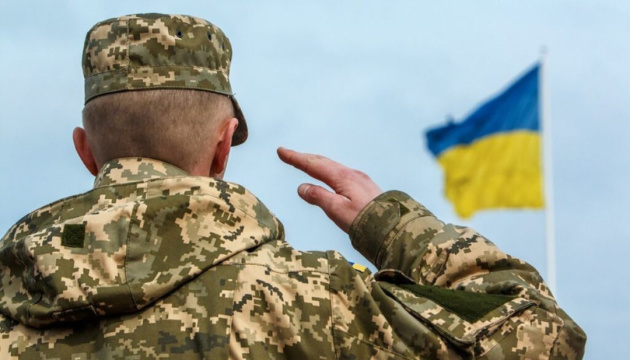Lawyer
The issue of responsibility for violations of the rules of handling weapons in combat areas
Responsibility for violations of the rules of handling weapons in combat areas is determined by both national legislation and international norms. The main normative acts regulating this issue include:
Penal Code: Most countries have articles that establish liability for illegal handling of weapons, ammunition and explosives.
International humanitarian law: Conventions and protocols, in particular the Geneva Conventions, determine the rules for the conduct of hostilities and the protection of the civilian population.
National normative acts: Decrees, resolutions and other acts regulating the circulation of weapons and security in areas of hostilities.
Consultation of a lawyer or consultation of a lawyer
It is important to consult a lawyer who will provide professional advice to determine specific liability for violation of the rules of handling weapons. A lawyer will help to find out which norms were violated and to assess the possible legal consequences. A lawyer's consultation includes:
Analysis of the situation: Assessment of the specific circumstances of the case and establishment of the facts of violation of the rules of handling weapons.
Examination of the evidence base: The lawyer conducts an analysis of documents, testimonies and other evidence confirming or refuting the fact of the violation.
Legal opinion: Providing an opinion on the legal qualification of a person's actions and possible consequences.
Analysis of documents
The analysis of documents is an integral part of the process of establishing responsibility for violations of the rules of handling weapons. Such documents include:
Official Reports and Protocols: Documents compiled by military and law enforcement agencies that record the facts of the violation.
Testimony of witnesses: Testimony of eyewitnesses who can confirm or deny the circumstances of the violation.
Video and photo materials: Visual evidence that helps to establish the fact of violation of the rules of handling weapons.
Expert opinions: Technical and forensic examinations assessing the nature and consequences of the use of weapons.
Legal opinion
The legal opinion on liability for violation of the rules of handling weapons is based on the analysis of documents and legal norms. In the conclusion, the lawyer defines:
Facts of the violation: Description of specific actions that constitute a violation of the rules of handling weapons.
Legal qualification: Determining the compliance of a person's actions with the norms of national and international law.
Possible consequences: Assessment of legal consequences for the individual, including criminal liability, administrative sanctions and other measures.
Legal opinion of the lawyer
A lawyer's legal opinion can play a decisive role in protecting the rights of a person accused of violating the rules of handling weapons. A lawyer, in particular:
Conducts an interview with the client: Listens to the client's explanation of the circumstances of the case and his position.
Evaluates Evidence: Tests the credibility and sufficiency of the evidence base to support the charge.
Develops a defense strategy: Identifies possible legal arguments for the client's defense, including proving the absence of intent, the presence of circumstances that exclude liability, etc.
Conclusion
Liability for violations of the rules of handling weapons in combat zones is a complex and multifaceted issue that requires careful analysis of documents and consultation of qualified lawyers and advocates. Legal and legal conclusions should be based on a detailed study of the actual circumstances and legal norms, which will allow an objective assessment of the person's actions and determine the possible consequences. This approach will ensure justice and respect for the rights of both accused and injured parties.

































